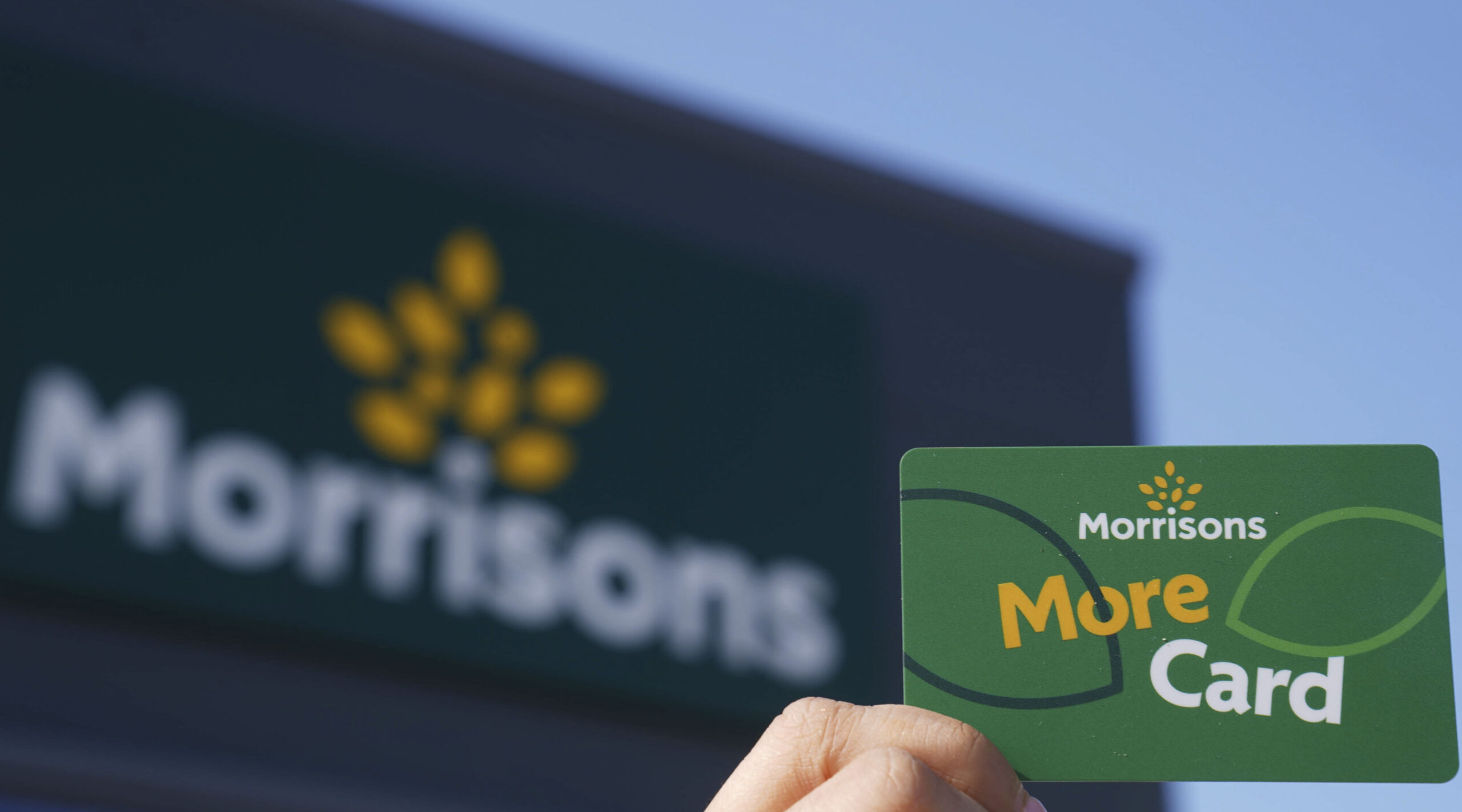
Electric vehicle (EV) charging operators at the fastest speeds are switching towards offering peak and off-peak tariffs, according to the AA.
The AA’s EV Recharge Report for September found that several companies changed their business model last month to provide EV charging flexible rates, rather than a flat fee applied 24/7.
EV charging price movements
The decision saw some drastic movement in the price of charging. Ultra-rapid peak rate costs increased by 8p per kilowatt-hour (kWh), while off-peak rapid charging fell by 10p/kWh.
Meanwhile, most flat rate charging fell by up to 2p/kWh. However, flat rate fast charging rose by 3p/kWh.
In contrast, the price of fuel fell considerably during September to 135.2 pence per litre (ppl). However, the AA calculated that domestic charging, all forms of slow charging and off-peak ultra-rapid charging offered cheaper motoring compared to petrol.

Wellness and wellbeing holidays: Travel insurance is essential for your peace of mind
Out of the pandemic lockdowns, there’s a greater emphasis on wellbeing and wellness, with
Sponsored by Post Office
Calls for tax changes
Ahead of the Budget tomorrow (30 October), the AA is reaffirming its calls to reduce VAT on public charging to match VAT applied on domestic electricity prices at 5%.
Four in 10 homes do not have any form of dedicated off-street parking, and the so-called ‘pavement tax’ means those drivers wanting to switch to electric suffer from higher charging costs.
The AA is also calling for a boost to the EV charging infrastructure to help kill the perception that public chargers can be hard to find. The motoring organisation would like to see more neighbourhood charging schemes such as street lamp upgrades, community charging hubs and investment in rural areas.
Charge at unsocial hours for the best rapid rates
Jack Cousens, head of roads policy for the AA, said: “In an interesting move, more operators at the fastest speeds are moving away from flat rates and switching to variable tariffs. While each company differs when off-peak rates come into play, it seems fairly uniform that unsocial hours trigger the best value for charging at high speeds. If drivers are willing to watch the 10 o’clock news in their car, then rapid charging can be as cheap as chips.
“With the Budget tomorrow, the Chancellor has the opportunity to make EVs more appealing by reducing the rate of VAT on public charging. Reducing VAT from 20% to 5% would level the playing field for the 40% of households without dedicated off-street parking, and help drivers make further savings.
“One of the main reasons drivers remain hesitant to [make] the switch to EVs is their perception that there are not enough public chargers. Both the Prime Minister and Chancellor have called on investment to help boost the economy. A sure-fire way to help the economy, provide jobs and future-proof personal transport is to invest in the EV sector.”
Related: EV sales up – but car makers call for Government help




